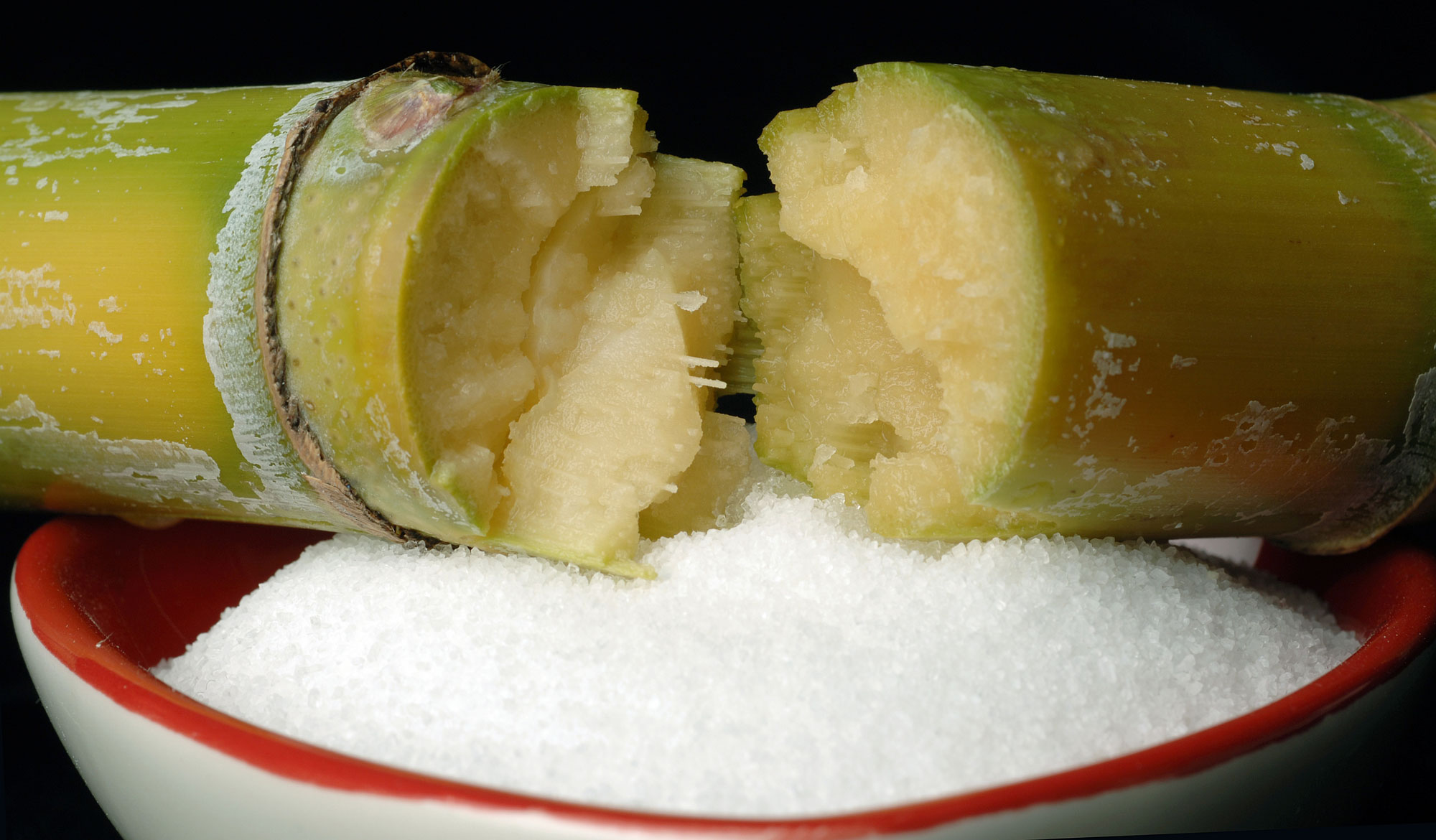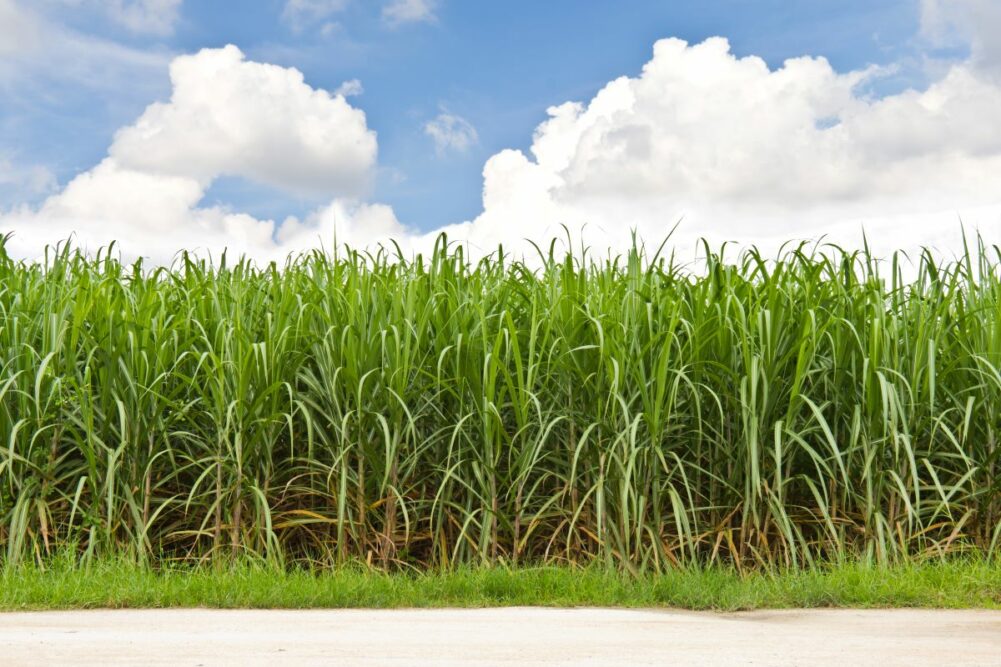The Environmental Impact of Growing Sugar and Cane in Various Regions
The Environmental Impact of Growing Sugar and Cane in Various Regions
Blog Article
Why Cane Sugar Processing Chemicals Are Crucial for Modern Sugar Refining
The duty of cane sugar processing chemicals in contemporary sugar refining can not be overemphasized, as they are indispensable to boosting both the effectiveness of extraction and the general high quality of the end product. Agents such as phosphoric acid and certain flocculants are utilized to get rid of pollutants, causing sugar that not just meets consumer assumptions yet additionally abides by market criteria. The effects of these chemicals extend beyond quality, touching upon market dynamics and ecological factors to consider. sugar and cane. This elevates essential questions concerning the sustainability of such practices and their effect on the future of sugar manufacturing.
Function of Handling Chemicals
The efficacy of cane sugar handling hinges significantly on the tactical application of handling chemicals. These chemicals play a pivotal role in boosting the performance and top quality of sugar extraction and refining. From the preliminary phases of juice extraction to the final filtration steps, handling chemicals promote numerous vital operations.
In the extraction stage, chemicals such as phosphoric acid and calcium hydroxide are used to enhance the clarification process, assisting to remove impurities and suspended solids from the cane juice. This not only boosts the yield yet likewise makes certain the clearness of the end product. Furthermore, agents like flocculants help in the quick settling of contaminations, consequently streamlining the general process.
As the processing advancements, chemicals are utilized in decolorization and formation phases. Activated carbon and ion exchange materials offer to get rid of shade and smell, making certain that the refined sugar satisfies consumer top quality requirements. Ultimately, the role of processing chemicals extends past operational efficiency; they significantly influence the sensory qualities of the last item, contributing to market competition. Thus, the precise selection and application of these chemicals are vital for achieving optimum outcomes in walking cane sugar processing.
Trick Kinds Of Chemicals
Walking stick sugar processing counts on a range of essential chemicals that help with each stage of manufacturing. These chemicals play important functions in clearing up, whitening, and detoxifying the sugar removed from walking cane.
One main group of chemicals includes flocculants, such as polyacrylamide, which help in the clarification procedure by advertising the aggregation and settling of contaminations. In addition, calcium hydroxide is often used to reduce the effects of acidity and help in the removal of non-sugar components.
Whitening agents, such as activated carbon and sulfur dioxide, are made use of to decolorize the syrup, resulting in a more clear final item. These chemicals aid remove shade substances that may affect the sugar's appearance and bankability.
Moreover, phosphoric acid serves as a pH regulatory authority throughout the handling stages, guaranteeing optimal problems for the enzymatic tasks associated with sugar removal and purification.
Other vital representatives consist of edta (ethylenediaminetetraacetic acid), which chelates steel ions that could catalyze unfavorable responses, and sodium hydroxide, which aids in pH control throughout the refining procedure. Jointly, these chemicals enhance performance and make sure a high-grade cane sugar item.
Advantages for Sugar High Quality
Commonly ignored, using certain processing chemicals dramatically boosts the overall high quality of walking stick sugar. These chemicals play a crucial role in refining processes, guaranteeing that the end product meets strict sector standards for pureness and preference.

In addition, refining chemicals aid in accomplishing a consistent granulation and appearance, which are important for consumer acceptance. By regulating the crystallization process, these chemicals ensure that the sugar crystals develop uniformly, causing a more appealing product that dissolves well in numerous applications.
Furthermore, using these chemicals can boost the rack life of cane sugar by lessening moisture absorption and microbial development. Generally, the strategic application of handling chemicals is vital for delivering high-grade walking stick sugar that fulfills consumer assumptions and market demands.
Environmental Impact Considerations

In addition, the energy-intensive nature of sugar refining, worsened by chemical usage, frequently causes boosted carbon discharges. This adds to climate change and elevates problems regarding the sustainability of current refining methods. Furthermore, the sourcing of these chemicals might involve practices that endanger biodiversity, such as monoculture farming, which decreases the durability of agricultural ecological communities.

To mitigate these impacts, sugar refiners are increasingly exploring lasting choices and adopting finest methods that minimize chemical use. Implementing strenuous environmental management systems can assist guarantee that the refining process straightens with environmental standards and advertises biodiversity. Ultimately, a balanced strategy that prioritizes both sugar quality and ecological stewardship is essential for the long-term stability of the sugar industry.
Future Fads in Refining
As the sugar market comes to grips with the environmental challenges connected navigate to these guys with typical refining approaches, ingenious approaches are emerging to boost both performance and sustainability. One significant fad is the fostering of eco-friendly chemistry concepts, which focus on using non-toxic, biodegradable handling chemicals. This shift not only reduces environmental influence however additionally addresses customer need for cleaner manufacturing approaches.
Another promising development is the implementation of innovative filtration modern technologies, such as membrane layer splitting up and adsorption procedures. These methods enhance the clearness and high quality of the sugar while lowering the quantity of wastewater created throughout refining. Additionally, the integration of electronic modern technologies, consisting of IoT and AI, is changing functional performance by enabling real-time surveillance and anticipating maintenance, thus minimizing resource waste.
Moreover, using byproducts from sugar refining, such as bagasse and molasses, is obtaining grip. These products can be exchanged biofuels or value-added items, adding to a round economy within the sector. Jointly, these trends signal a change towards even more lasting methods that not just improve functional performance but likewise straighten with worldwide sustainability objectives, making certain the future viability of sugar refining.
Conclusion
Walking cane sugar handling chemicals are essential in modern sugar refining, dramatically boosting the performance and high quality of sugar removal. The strategic use these chemicals not only enhances the pureness and flavor of the end product however likewise guarantees consistent condensation and structure. As the market significantly prioritizes sustainability, the fostering of environmentally-friendly handling representatives is most likely to shape future trends in refining, ultimately bring about better items and extended rack life for customers.

Eventually, a well balanced technique that prioritizes both sugar high quality and ecological stewardship is important for the long-lasting stability of the sugar industry.
Walking stick sugar processing chemicals are crucial in contemporary sugar refining, significantly boosting the performance and top quality of sugar extraction.
Report this page